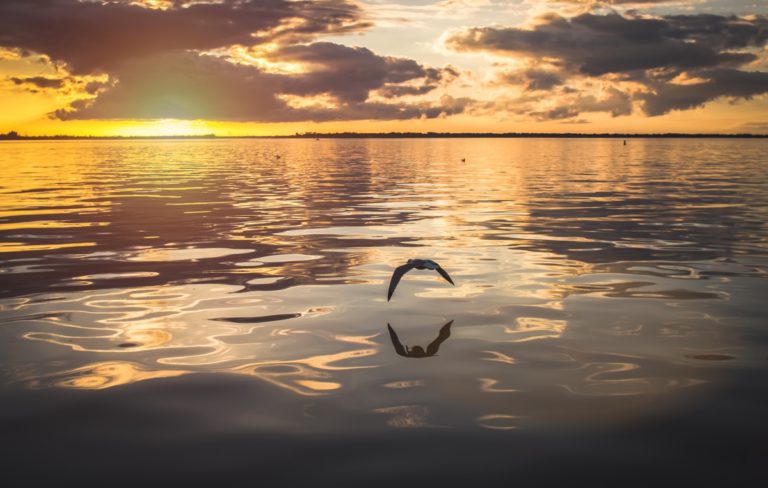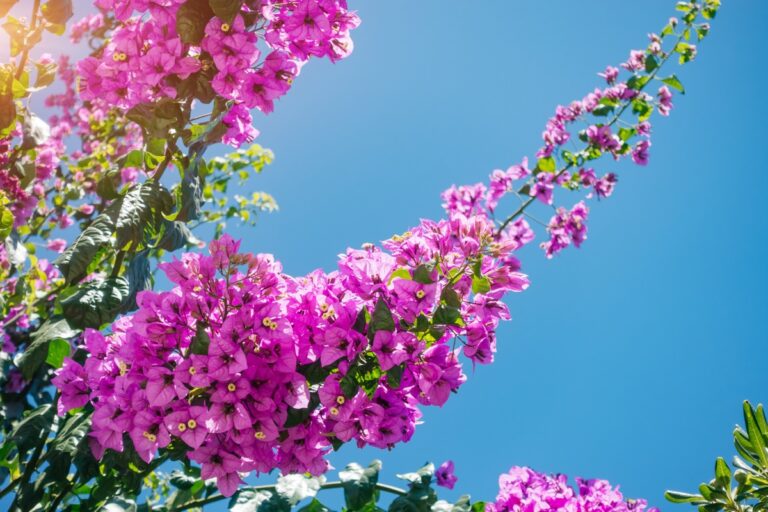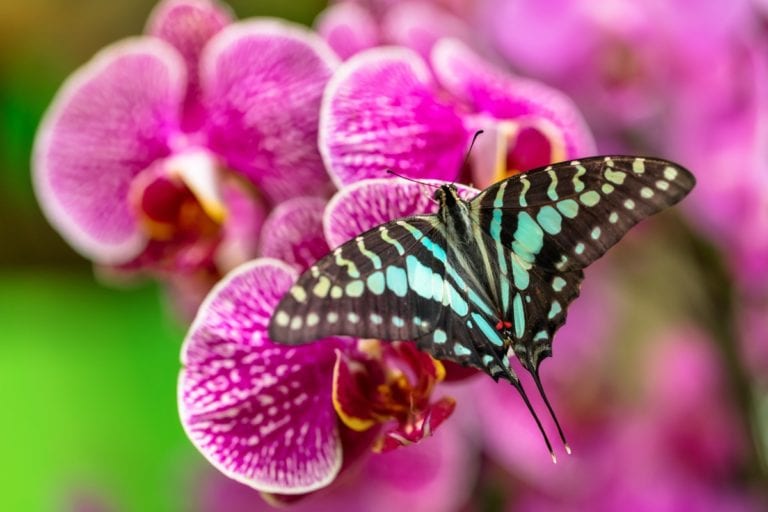Similar Posts

September Audio Meditation
For those of you who prefer a meditation with images, here’s our YouTube version of this meditation:
Week 622: What You Do Matters
Because of an ongoing project I have, I’ve developed a habit of pulling quotations from the Internet, from books, from talks, from wherever I may find them. I ran across one this morning that I think fits into an experiment I’ve been pondering for a while now. It’s a quotation from the scientist David Bohm: Read More “Week 622: What You Do Matters”

2021 May Audio Meditation
Here’s this months audio meditation. As we are doing all year, we focus on wholeness within ourselves and all our earth-kin.
If you prefer to see images of nature as you follow the guided meditation, here’s our YouTube version:

722nd Week: One Person Can Make A Difference
I recently saw a brief video about a man in Brazil who, through his focus and efforts over many years, restored a rainforest to an area that had lost its vegetation and water. As I watched the video, it reminded me of something that many people think is only fantasy but that, for me, is an ever-present reality. In my mind, this man was guided by Nature’s Intelligence to plant vegetation in a process that spontaneously returned water to the region where he lives. Here’s a link to his brief, inspiring documentary: https://www.youtube.com/watch?v=ndWyBU9mWlM
The other thing this video brought to mind is how powerful one person’s daily commitment and activities can be. During all the years this man planted vegetation on his land, his neighbors didn’t understand why he was doing so, and yet—through his persistence in heeding the call he felt from the land—he restored an entire ecosystem one small act at a time. For me, this speaks to the ways in which each of us can play an active role in caring for, and restoring, our world. Read More “722nd Week: One Person Can Make A Difference”

883rd Week: Cultivating A Deeper Awareness of Interbeing and Interdependence
As we experience the intense polarization and conflict in the United States, and also that which has arisen in so many other countries, it feels more important than ever to engage practices that remind us that we are one earth family and that we can’t survive independent from the countless contributions of our human family and our other-than-human earth family.
I’ve written before about the South African concept and practice of Ubuntu—“I am because you are”, which recognizes and lives into the reality that it is only through the support of the people around us that we are able to be. Here’s one reference describing Ubuntu, one among many: https://www.newworldencyclopedia.org/entry/Ubuntu_(philosophy)
Another approach to this same idea comes from Psychiatrist Dan Siegel who has developed what he calls “Intraconnection”, where he describes our awareness as moving from “me to we to mwe”. Here’s a link to his new book on the subject: https://www.amazon.com/IntraConnected-Integration-Belonging-Identity-IPNB/dp/0393711692/ref=sr_1_2?crid=N39CCKTAR989&keywords=Dan+Siegel+intraconnected&pldnSite=1&qid=1658667706&sprefix=dan+siegel+intraconnected%2Caps%2C124&sr=8-2
Then, there’s Thich Nhat Hanh’s coining the verb interbeing, where he says that we interare in every moment, that we cannot really be separate from everything around us. Here’s a link to an article by Thich Nhat Hanh on interbeing: https://www.garrisoninstitute.org/blog/insight-of-interbeing/
These and other related approaches and concepts invite us to expand our worldview to move beyond U.S. culture’s (and the cultures of other countries, as well) emphasis on individual issues such as rights, freedom, and independence. For this week’s practice in conscious living, I invite you to dive a bit more deeply into this subject than you may have done before and ask yourself, each day, to recognize your interbeing and interdependence in some way you might ordinarily ignore it.
Read More “883rd Week: Cultivating A Deeper Awareness of Interbeing and Interdependence”